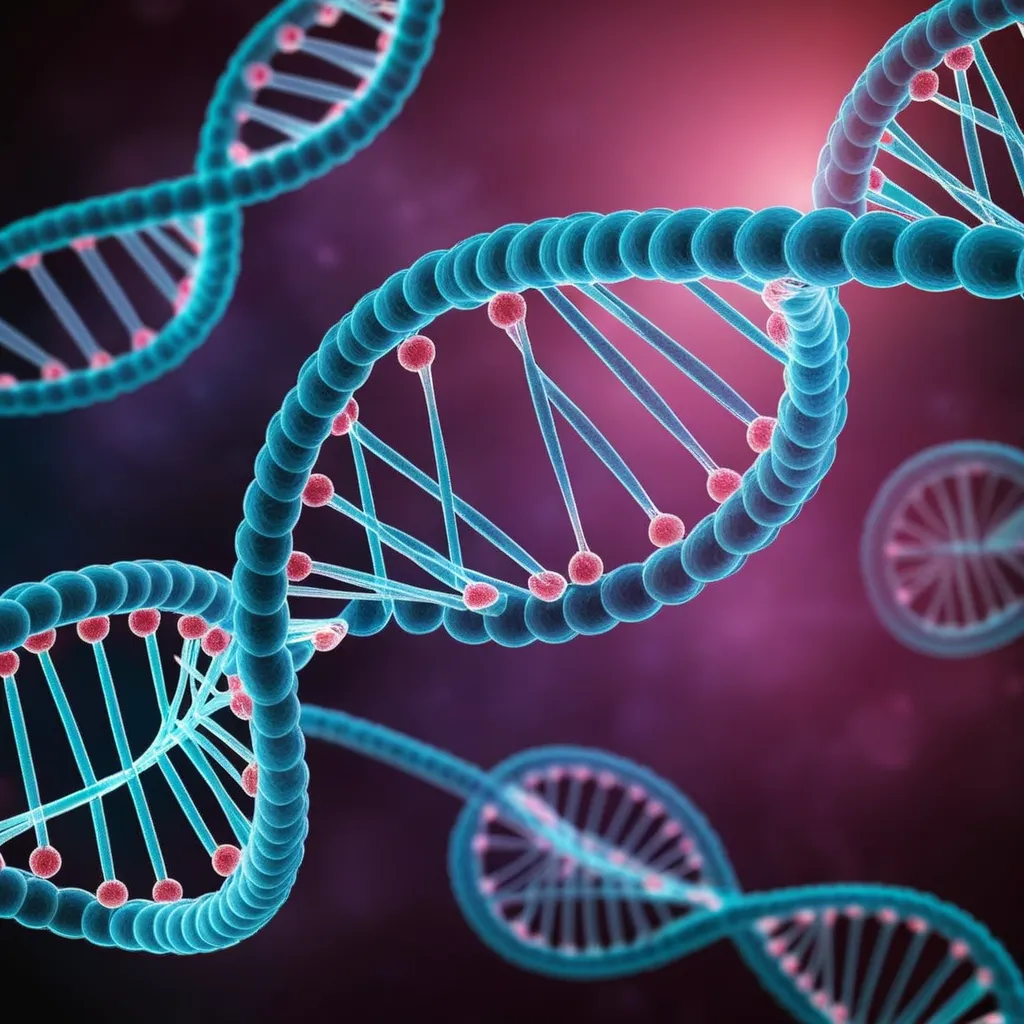Revolutionary Gene Editing Cures Rare Genetic Diseases
Imagine living with a genetic disease that has no cure, knowing that it's a part of your DNA and there's little hope for treatment. For many individuals and families facing rare genetic diseases, this has been their reality. However, there's newfound hope on the horizon, thanks to revolutionary gene editing techniques that have the potential to cure these previously untreatable conditions.

The Uncharted Territory of Rare Genetic Diseases
Rare genetic diseases, often referred to as orphan diseases, affect a small percentage of the population and are caused by mutations in specific genes. These conditions can be devastating, with symptoms ranging from physical disabilities to life-threatening complications.
Personal Connection
I once met a young girl at a medical fundraiser who was battling a rare genetic disorder. Her family had been tirelessly searching for answers and treatments. Her resilience in the face of adversity left a lasting impression on me and emphasized the urgent need for breakthroughs in rare disease treatments.
The Promise of Gene Editing
Gene editing technologies, like CRISPR-Cas9, have garnered attention in recent years for their potential to modify DNA with a precision that was once unimaginable. While gene therapy has been explored for decades, recent advancements have brought us closer to the realization of its potential.
1. Targeted Precision
Gene editing allows scientists to pinpoint specific genetic mutations responsible for rare diseases and correct them at the molecular level. It's like fixing a typographical error in a manuscript, but on a genetic scale.
2. Promising Results
In groundbreaking clinical trials, researchers have successfully used gene editing to treat rare genetic disorders such as sickle cell anemia and beta-thalassemia, offering patients life-changing improvements in their health and quality of life.
3. Hope for the Future
These successes have ignited hope not only for individuals already living with rare genetic diseases but also for those yet to be born. With gene editing, it's possible to prevent these diseases from being passed on to future generations.
Challenges and Ethical Considerations
While gene editing holds immense promise, it also raises ethical and practical questions.
1. Safety Concerns
Ensuring the safety of gene editing techniques and their long-term effects is a paramount concern. Comprehensive testing and rigorous oversight are essential.
2. Accessibility
Making these cutting-edge treatments accessible to all individuals, regardless of their socioeconomic status, is a significant challenge that must be addressed.
3. Ethical Boundaries
The power to manipulate genes raises ethical questions about the potential for designer babies and unintended consequences.
The Human Side of Gene Editing
Behind the science and the headlines are real people whose lives are being transformed by these breakthroughs.
Personal Transformation
I recently read about a teenager with a rare genetic disorder who underwent gene editing therapy. After treatment, he experienced improvements in his condition, gaining the ability to perform everyday activities that were once impossible for him. It was a reminder of the profound impact that science can have on individual lives.
The Road Ahead
As we navigate the uncharted territory of gene editing and rare genetic diseases, it's essential to approach these developments with cautious optimism.
Personal Reflection
Reflecting on the journey from the helplessness of rare genetic diseases to the hope of gene editing, it's evident that we are witnessing a remarkable chapter in medical history. It's a reminder that human ingenuity knows no bounds when it comes to improving the human condition.
In conclusion, the revolutionary gene editing techniques offer a glimmer of hope for individuals and families grappling with rare genetic diseases. While there are challenges and ethical considerations to navigate, the potential to cure these previously untreatable conditions is a testament to the incredible progress we've made in the field of genetics. As we move forward, it's crucial to balance scientific advancements with ethical responsibility to ensure that these life-changing treatments are accessible and safe for all.<

No comments:
Post a Comment